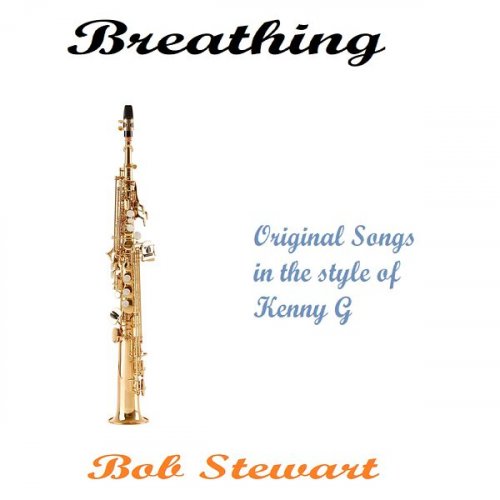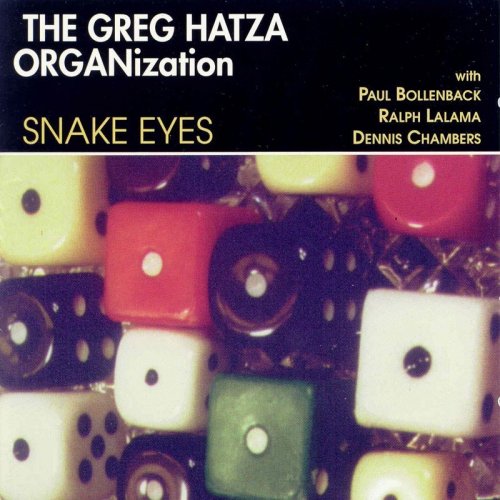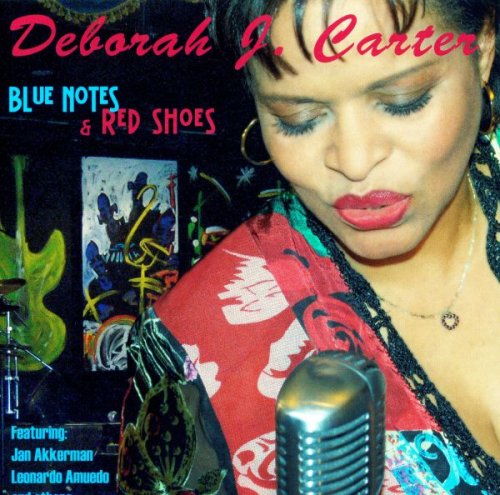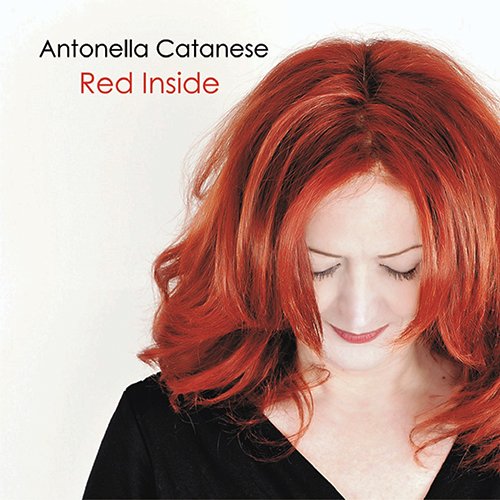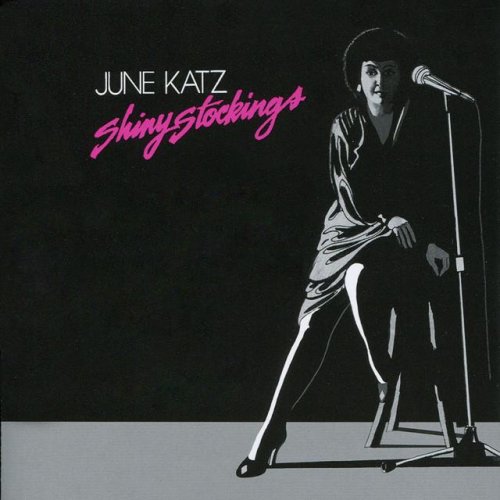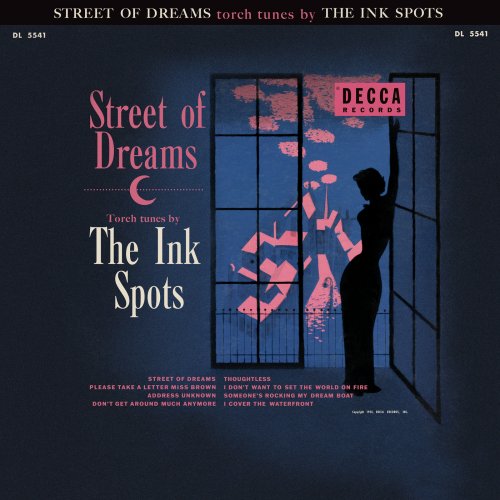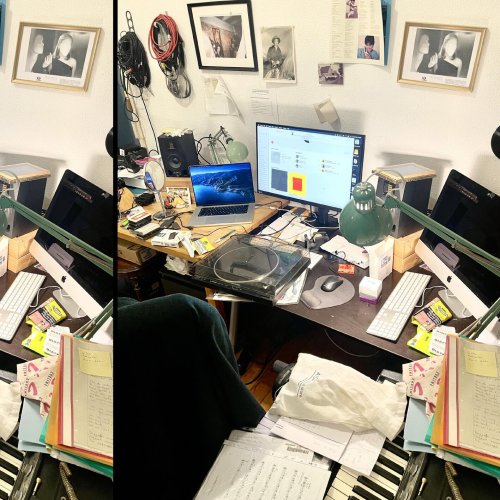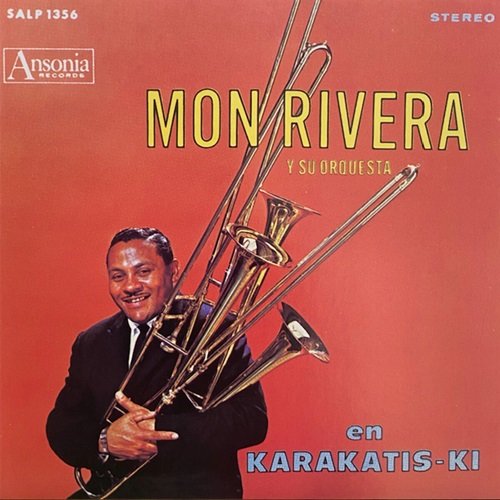Joe Roland - Complete 1949-1956 Sessions · Symfonet, Quartet & Quintet, Pt. 1 (Remastered) (2025)
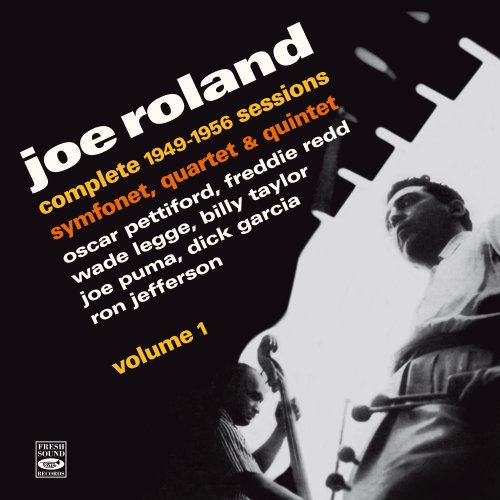
Artist: Joe Roland
Title: Complete 1949-1956 Sessions · Symfonet, Quartet & Quintet, Pt. 1 (Remastered)
Year Of Release: 2025
Label: Fresh Sound Records
Genre: Jazz
Quality: 320 kbps | FLAC (tracks)
Total Time: 00:38:44
Total Size: 91 mb | 165 mb
WebSite: Album Preview
Tracklist:Title: Complete 1949-1956 Sessions · Symfonet, Quartet & Quintet, Pt. 1 (Remastered)
Year Of Release: 2025
Label: Fresh Sound Records
Genre: Jazz
Quality: 320 kbps | FLAC (tracks)
Total Time: 00:38:44
Total Size: 91 mb | 165 mb
WebSite: Album Preview
01. Joe Roland - Free Of Charge (Remastered)
02. Joe Roland - Henry VIII (Remastered)
03. Joe Roland - Half Nelson (Remastered)
04. Joe Roland - Sally Is Gone (Remastered)
05. Joe Roland - Love Is Just A Plaything (Remastered)
06. Joe Roland - Dee Dee's Dance (Remastered)
07. Joe Roland - Ravel's Bolero In Mambo (Remastered)
08. Joe Roland - Poor Butterfly (Remastered)
09. Joe Roland - I'm Getting Sentimental Over You (Remastered)
10. Joe Roland - Lover's Mambo (Remastered)
11. Joe Roland - Sleigh Ride (Remastered)
12. Joe Roland - Christmas Song (Remastered)
13. Joe Roland - Jingle Bells (Remastered)
14. Joe Roland - Let It Snow, Let It Snow, Let It Snow (Remastered)
A native New Yorker, Joe Roland (1920-2009) was an innovative jazz vibraphonist. Starting in 1946, he became immersed in the bebop scene, playing alongside influential musicians like Terry Gibbs and Red Rodney. He began forming his own ensembles with support from jazz critic Leonard Feather, who helped him secure performances at venues like the Three Deuces. In 1949, Roland created the Symfonet, a pioneering group where string players performed bop melodies rather than just providing background accompaniment, a concept he claimed to have developed before Charlie Parker's known efforts to incorporate strings into bebop.
Despite his creativity, Roland struggled to find consistent work for his string-based group. He joined Oscar Pettiford’s sextet in 1951, by which time his vibraphone technique had reached a high level of sophistication. He later played with George Shearing (1951–1953), Howard McGhee, and Artie Shaw's Gramercy Five (1953–1954), further honing his craft.
Throughout the 1950s, Roland led various groups, including a mambo-jazz quintet, which added a vibrant, danceable element to his music. He also directed modern chamber jazz ensembles featuring talented musicians such as pianists Wade Legge and Freddie Redd, guitarist Dick Garcia, bassist Oscar Pettiford, and drummer Ron Jefferson. These groups were distinguished by their balance of taste and rhythmic vitality. His innovative programs showcased his ability to blend cool modern jazz with elegance while maintaining the lively pulse characteristic of the bebop movement.
Though relatively underappreciated during his lifetime, Roland’s energetic approach to the vibraphone continues to resonate with jazz aficionados. As Terry Gibbs noted in 1951, “players like Joe are a real challenge in the rapidly expanding vibraphone field.”
Despite his creativity, Roland struggled to find consistent work for his string-based group. He joined Oscar Pettiford’s sextet in 1951, by which time his vibraphone technique had reached a high level of sophistication. He later played with George Shearing (1951–1953), Howard McGhee, and Artie Shaw's Gramercy Five (1953–1954), further honing his craft.
Throughout the 1950s, Roland led various groups, including a mambo-jazz quintet, which added a vibrant, danceable element to his music. He also directed modern chamber jazz ensembles featuring talented musicians such as pianists Wade Legge and Freddie Redd, guitarist Dick Garcia, bassist Oscar Pettiford, and drummer Ron Jefferson. These groups were distinguished by their balance of taste and rhythmic vitality. His innovative programs showcased his ability to blend cool modern jazz with elegance while maintaining the lively pulse characteristic of the bebop movement.
Though relatively underappreciated during his lifetime, Roland’s energetic approach to the vibraphone continues to resonate with jazz aficionados. As Terry Gibbs noted in 1951, “players like Joe are a real challenge in the rapidly expanding vibraphone field.”
![Noga - Heroes in The Seaweed (2025) [Hi-Res] Noga - Heroes in The Seaweed (2025) [Hi-Res]](https://www.dibpic.com/uploads/posts/2026-02/1771663366_nhs500.jpg)
